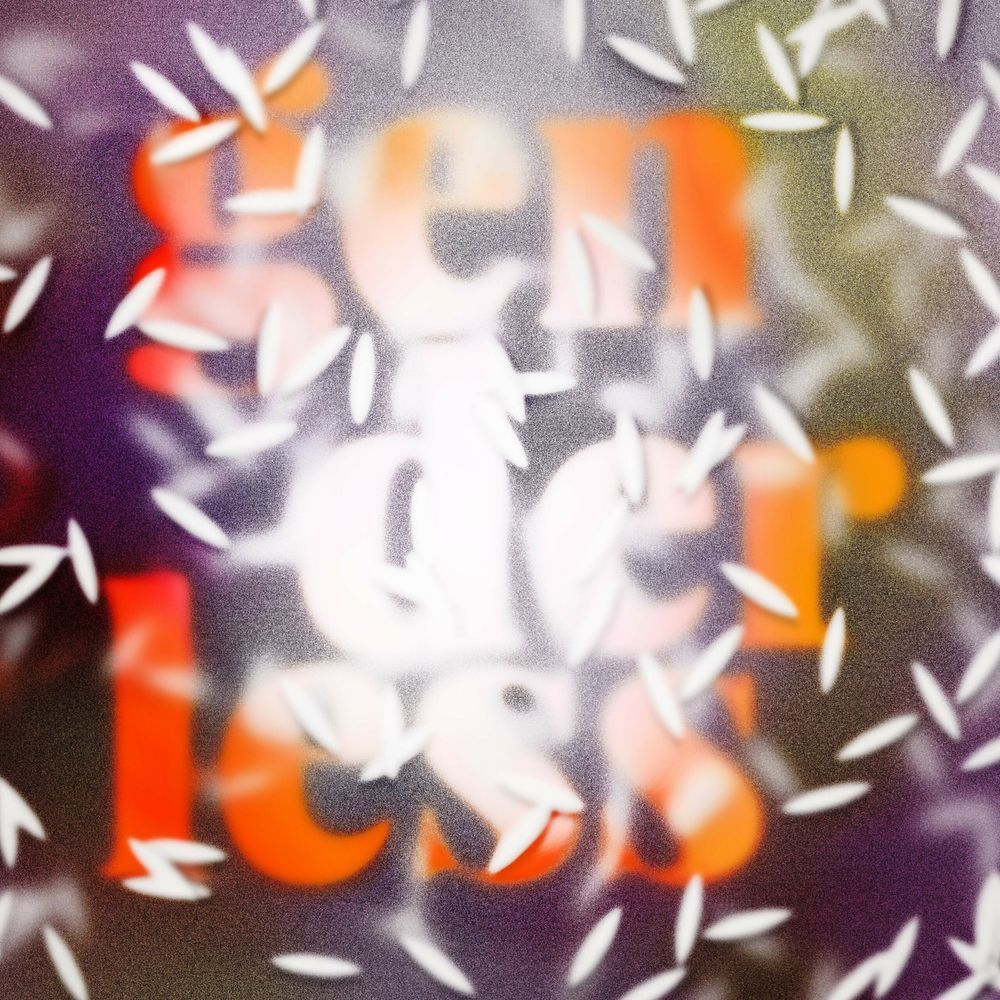The asymmetric war in Ukraine and Russian media and educational propaganda
Misleading the enemy is an important part of war tactics. This is no different during the conflict in Ukraine, where fake weapons, vehicles and soldiers are used. The Ukrainian army, for example, has a set of wooden replicas of the M142 HIMARS rocket artillery system prepared to draw Russian fire on itself. This makes Russian forces reveal their location and waste a limited number of expensive long-range precision cruise missiles to destroy wooden HIMARS fakes. After several weeks in the field, the replicas have been attacked by at least 10 Russian 3M-54 Kalibr cruise missiles.
Russian propaganda posts fake news on websites confusingly reminiscent of German news sites such as spiegel.de, welt.de, bild.de and t-online.de. According to publisher Axel Springer SE, “the initiators of such actions can almost never be held accountable”. This autumn, the Digital Services Act (DSA) is likely to come into force in the European Union, a measure that could help combat fraudsters.
In the upcoming school year, there will be a new course in Russian schools – “Discussions on important issues”. According to activists who are calling on parents and teachers to boycott those classes as they will be carried out for propaganda purposes. Those classes can be attended already by six-year-olds, while eight-year-old schoolchildren will learn that patriotism means being prepared to “carry arms in defence of the country”, while ten-year-olds will hear about the aims of Russia’s “special military operation” in Ukraine.


























